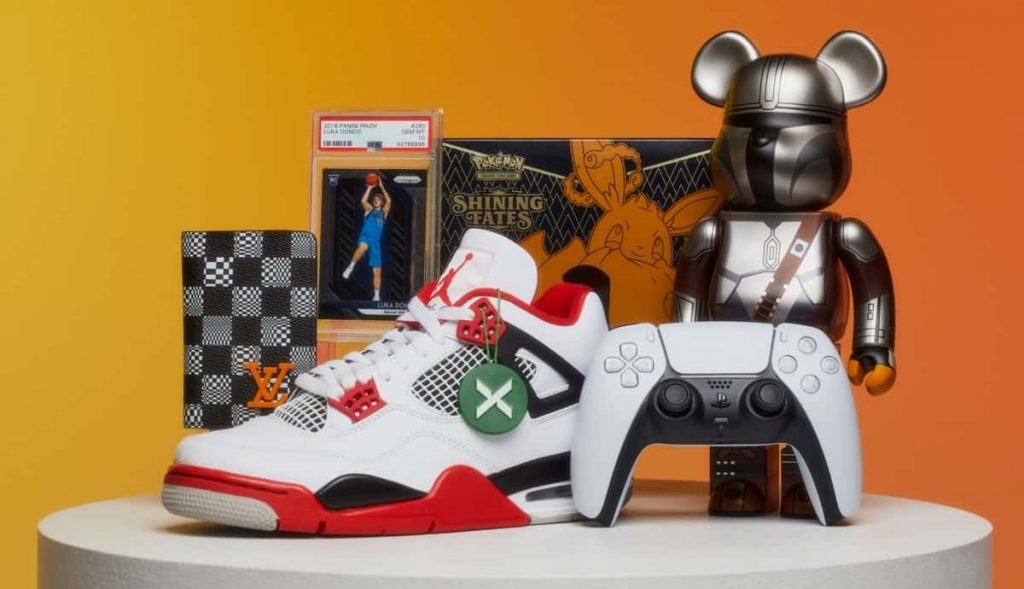When it comes to resale in China, brands should tap into communities surrounding niche product categories to attract collectors.

The growth of China’s resale market is outpacing traditional retail expansion according to Alison Ho, strategist at trend forecaster WGSN.
“Brands should continue playing an active role educating shoppers and positioning themselves to capitalize on the resale market as it emerges,” she says in an interview with Jing Daily.
Secondhand fashion hadn’t taken off in the country before partly because the mistrust created by the prevalence of counterfeits has made local consumers wary, Ho says, adding that there was low awareness of pre-owned clothing and that these types of items were associated with necessity “born out of economic hardship.”
China produces 80 percent of the world’s luxury counterfeits. In a recent StockX report, the online marketplace said that over the past 12 months it had rejected nearly $90 million worth of products that failed to meet its verification standards, with counterfeits accounting for 20 percent of the rejections.
Though its resale market is expanding, China remains an emerging used luxury goods market — and that’s despite the fact it’s the world’s second largest consumer of luxury goods.
Luxury stores and brands are yet to roll out expansive resale initiatives in China due to a lack of mainstream popularity, unlike in Europe or the US, where retail provides its own resale channels. Also, there’s a comparative dearth of luxury vintage brick-and-mortar stores in China.
Resale sites that have implemented anti-counterfeit policies, such as StockX, Dewu, Plum, Ponhu, and Idle Fish, have gained ground. Chinese Gen Zers and millennials are responsible for much of that growth.
Dewu reported that over 75 percent of its consumers are post-90s and Alibaba-owned Idle Fish says that 35 percent of its users are post-95s. Continue to read the full article here





